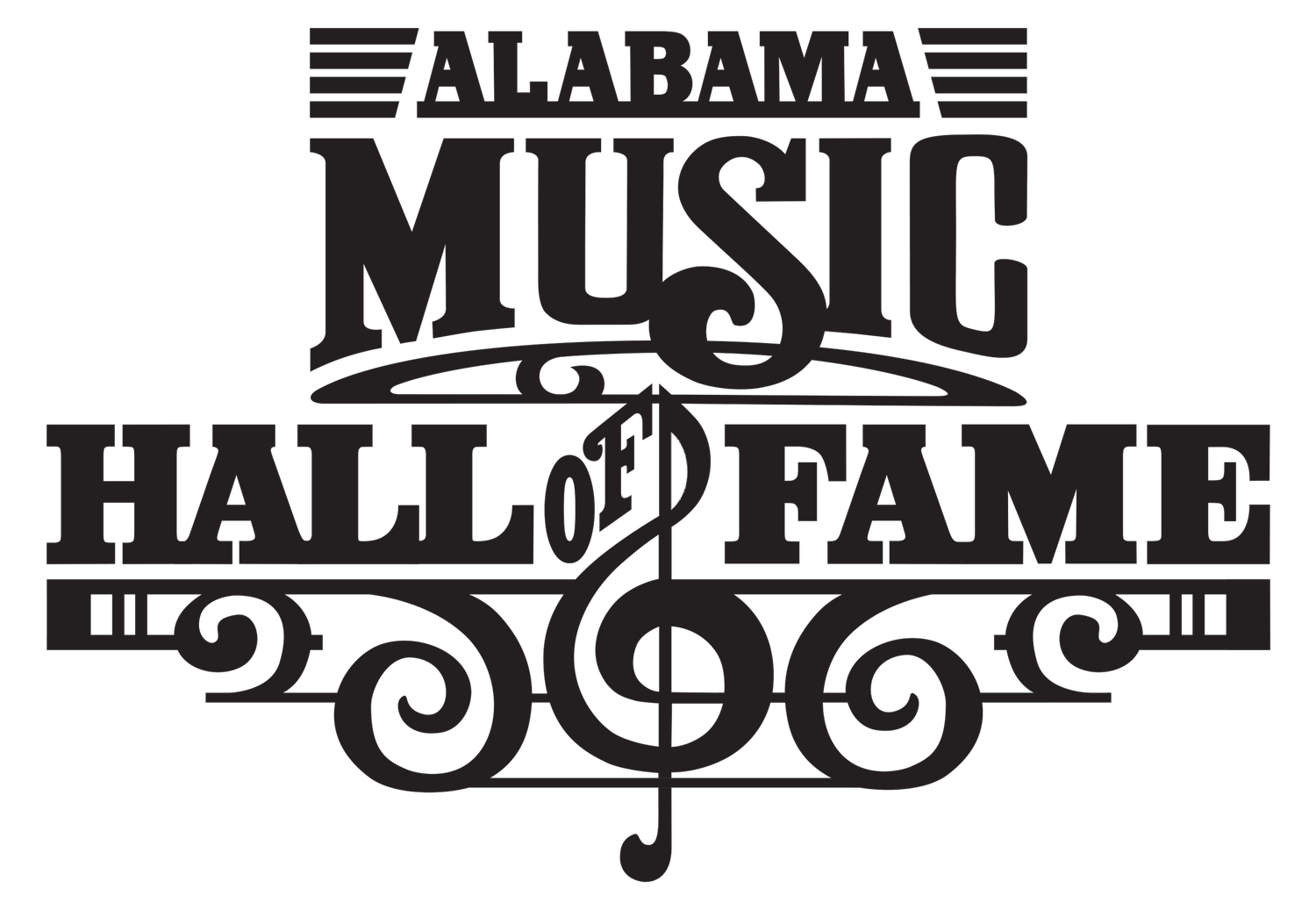Curly Putman
November 20, 1930 - October 30, 2016
1993 Inductee
Had he only written his best known composition – the classic story song “Green, Green Grass of Home” – Curly Putman would be remembered as one of the creative cornerstones of modern country music.
In addition to that multi-million-selling musical standard, Putman also wrote such enduring country favorites as “My Elusive Dreams” (co-written with fellow Alabama native Billy Sherrill), “D-I-V-O-R-C-E” and “He Stopped Loving Her Today” (both co-written with Bobby Braddock).
Born on a mountain that bears his family’s name, the Princeton native struggled for years working as a shoe salesman while waiting for his breakthrough in the music industry. Once fellow Alabama native Buddy Killen signed him to Nashville’s Tree Publishing Company, Putman became an overnight sensation in 1965 when his first major recording, “Green, Green Grass House,” became a country hit for Jerry Lee Lewis and then a pop smash for one of Lewis’ protégés, Welsh superstar Tom Jones. The pop single peaked at No. 12 on the American charts but went on to sell some 12 million copies worldwide. A third version of the song, by Nashville recording artist Porter Wagoner, climbed to No. 4 on the country charts.
“Green, Green Grass of Home” quickly became a popular music standard that transcended Nashville’s country music boundaries. The song has since been recorded more than 400 times – in virtually every language in the world – by artists as diverse as Elvis Presley, Johnny Cash, Joan Baez, Bill Anderson, Eddy Arnold, Burl Ives, the Flying Burrito Brothers, Dean Martin, Bobby Bare, Skitch Henderson, Don Gibson, Jim Nabors, Engelbert Humperdinck, George Jones, Ace Cannon, the Statler Brothers, Frankie Laine, Roy Clark, Conway Twitty, Merle Haggard, Kenny Rogers, Charley Pride and Danny Davis and the Nashville Brass.
For more than two decades after “Green, Green Grass of Home,” Putman went on to prove that he could create one memorable country standard after another. David Houston and Tammy Wynette hit No. 1 on the country charts with their 1967 duet, “My Elusive Dreams.” A year later, Putman provided Red Bay native Wynette with one of her signature tunes, “D-I-V-O-R-C-E.” Tanya Tucker topped the country charts in 1973 with Putman’s “Blood Red and Going Down,” while country singer T.G. Sheppard hit the country No. 1 spot twice in 1980 with two of Putman’s songs, “Baby, I’ll Be Coming Back for More” and “Do You Want to Go to Heaven?”
Also in 1980, Putman and fellow Nashville songwriter Bobby Braddock helped revive the career of country legend George Jones with the biggest hit of his career, the honky-tonk tearjerker “He Stopped Loving Her Today.” The classic composition was named Song of the Year twice by the Country Music Association. Two years later, Sheppard scored another No. 1 with Putman’s “War Is Hell on the Homefront Too.”
Putman’s long list of Top 10 hits also includes the Kendalls’ “It Don’t Feel Like Sinnin’ to Me,” Ricky Van Shelton’s “I Meant Every Word He Said,” T. Graham Brown’s “I Wish That I Could Hurt That Way,” Moe Bandy’s “It’s a Cheatin’ Situation,” Ferlin Husky’s “Just for You,” the Statler Brothers’ “You Can Have Your Kate and Edith Too,” Doug Stone’s “When Can We Do This Again?,” Hank Thompson’s “Older the Violin, the Sweeter the Music,” Mac Davis’ “Let’s Keep it That Way,” Sheppard’s “When Can We Do This Again?” and hit covers of “My Elusive Dreams” by Charlie Rich and Bobby Vinton.
Putman earned a total of thirty-six BMI awards and was inducted into the Nashville Songwriters Association International Songwriters Hall of Fame. His hometown of Princeton saluted his musical achievements by naming a ball field in his honor.


